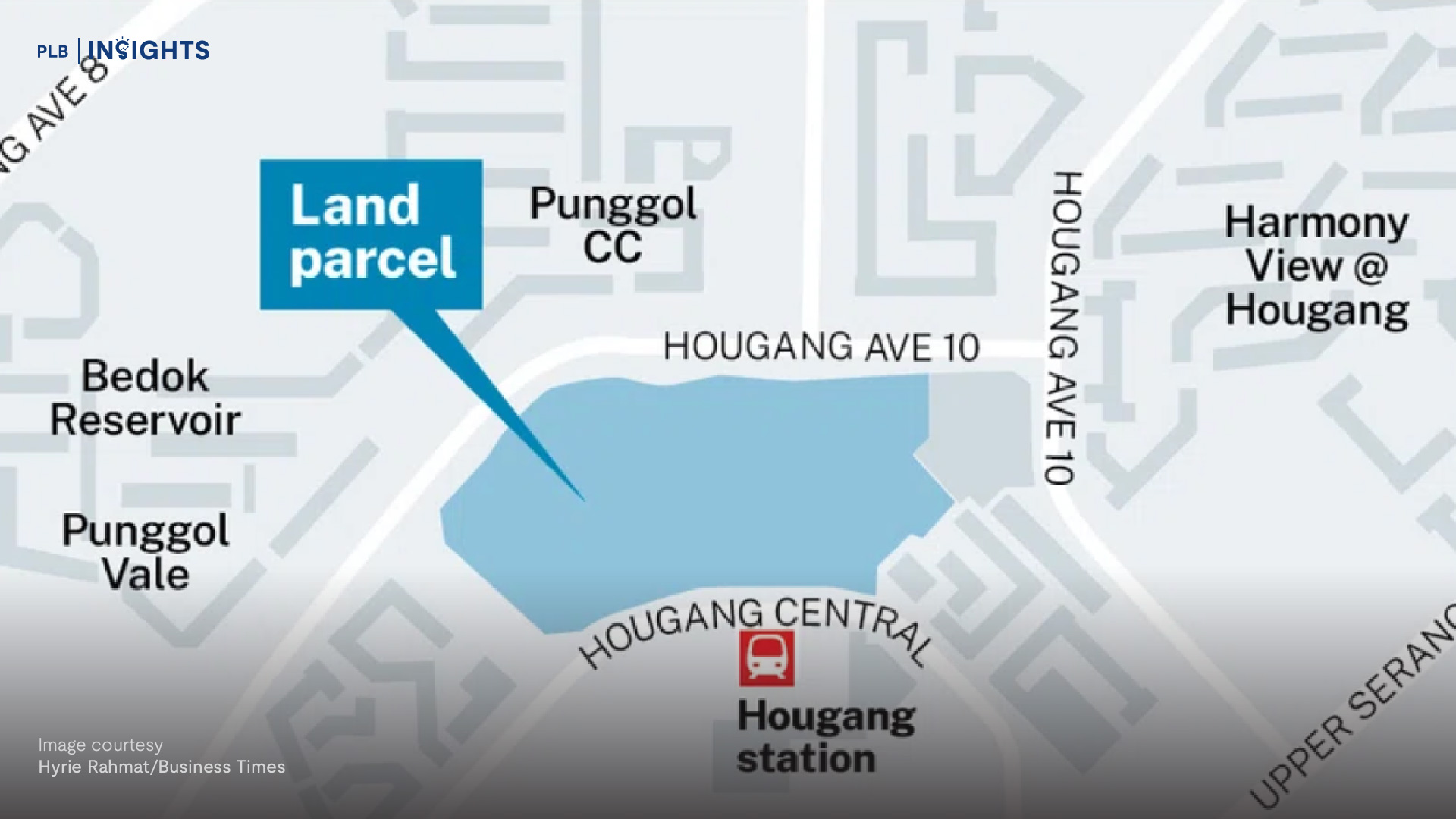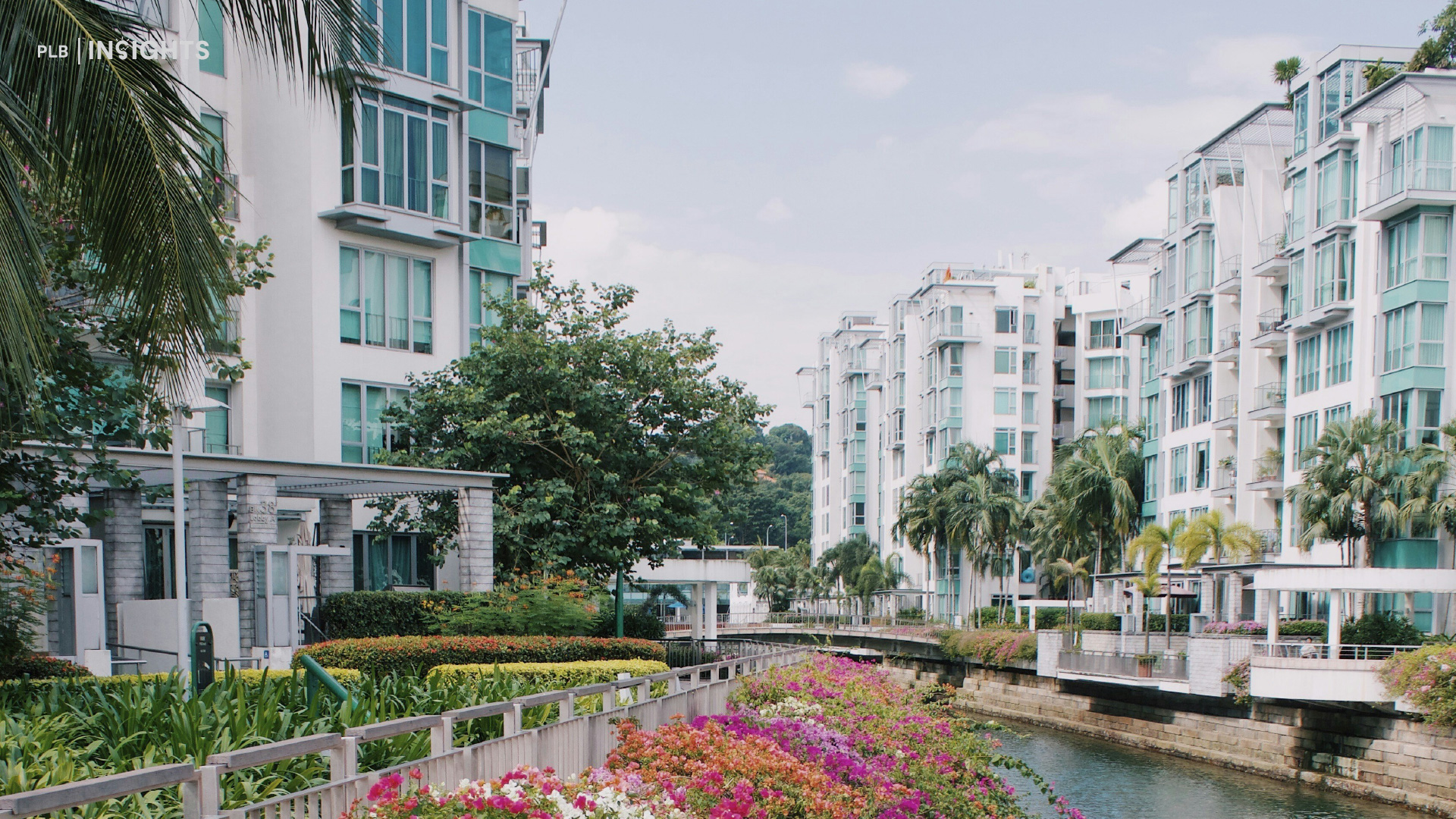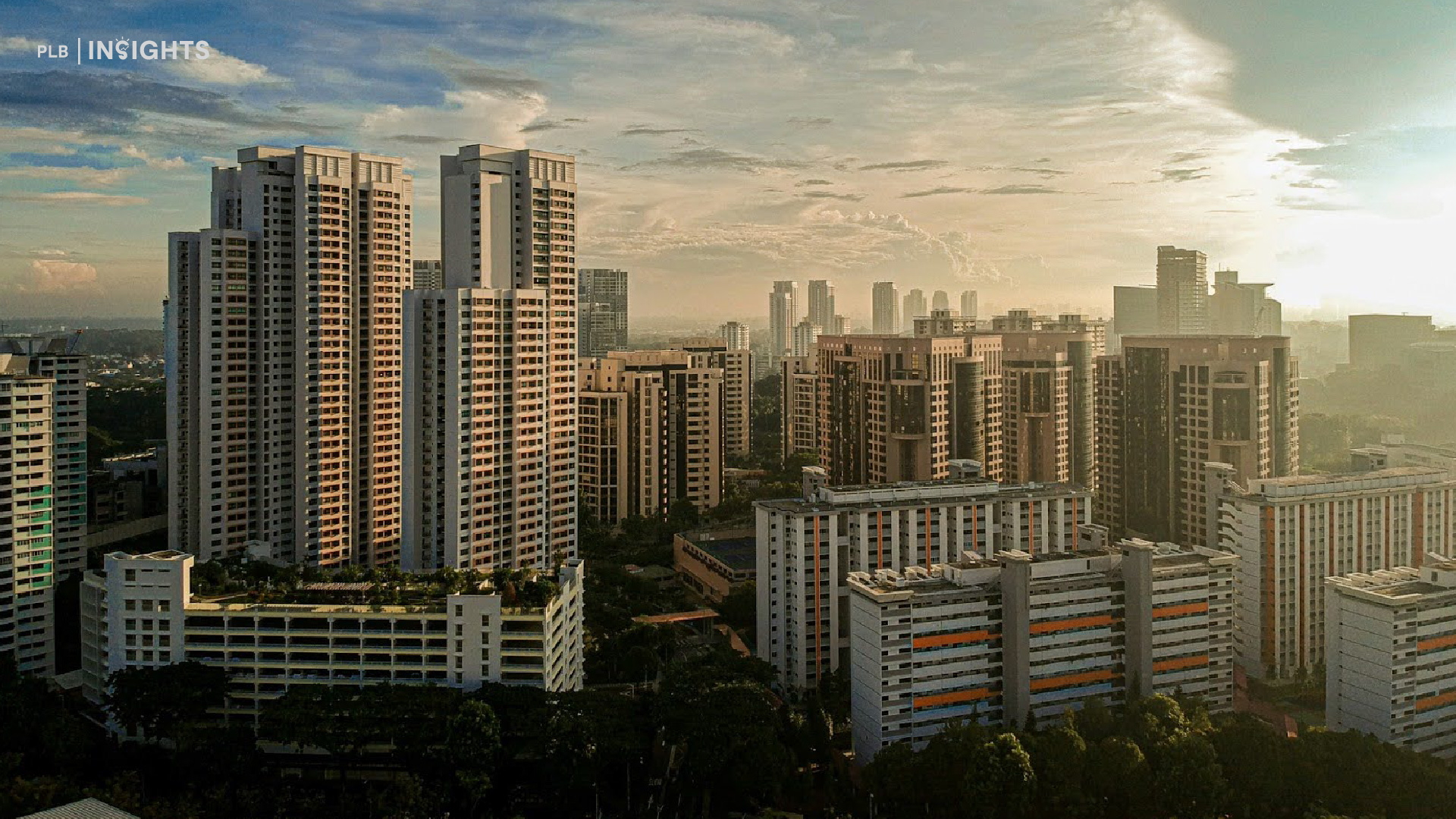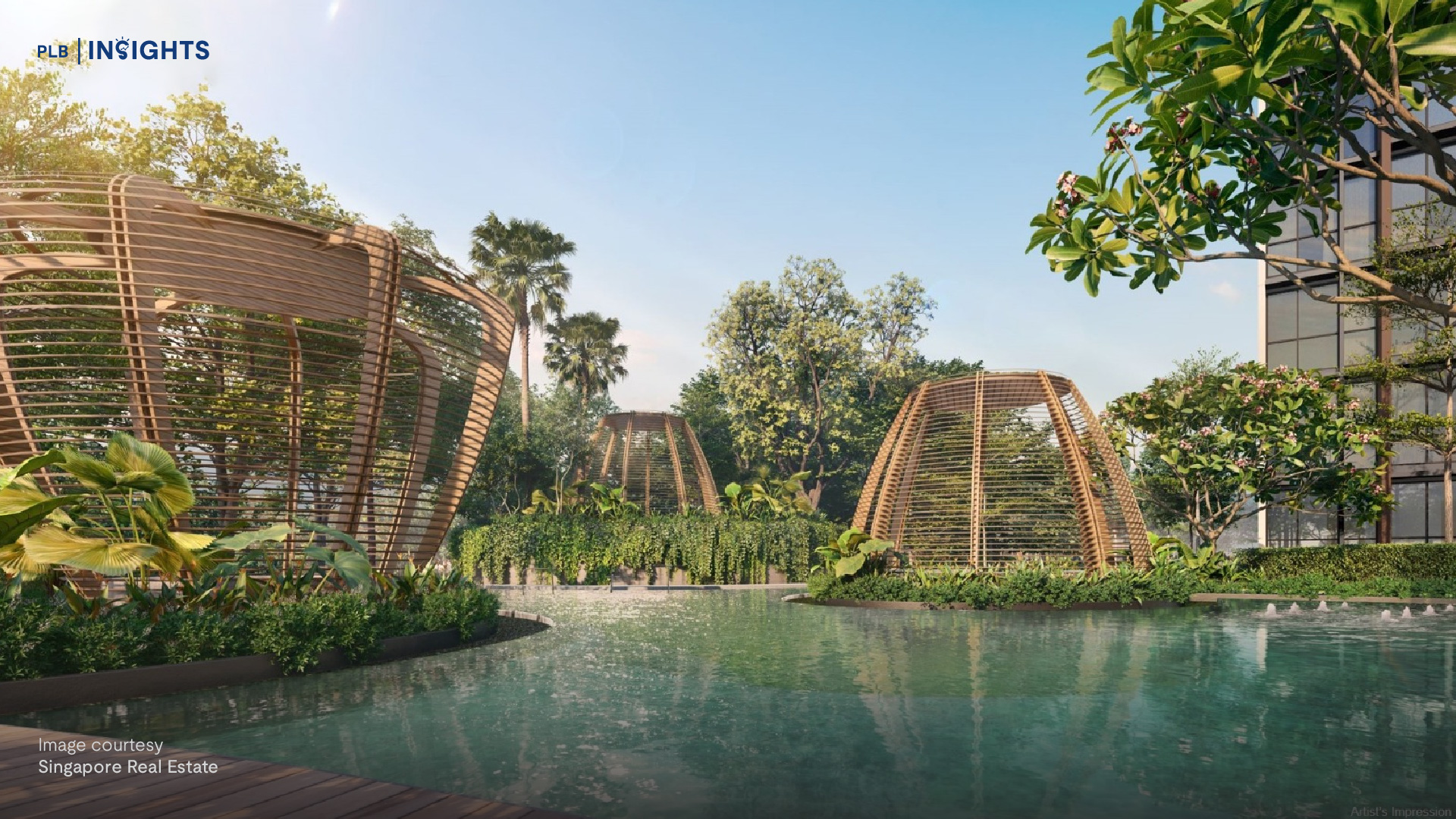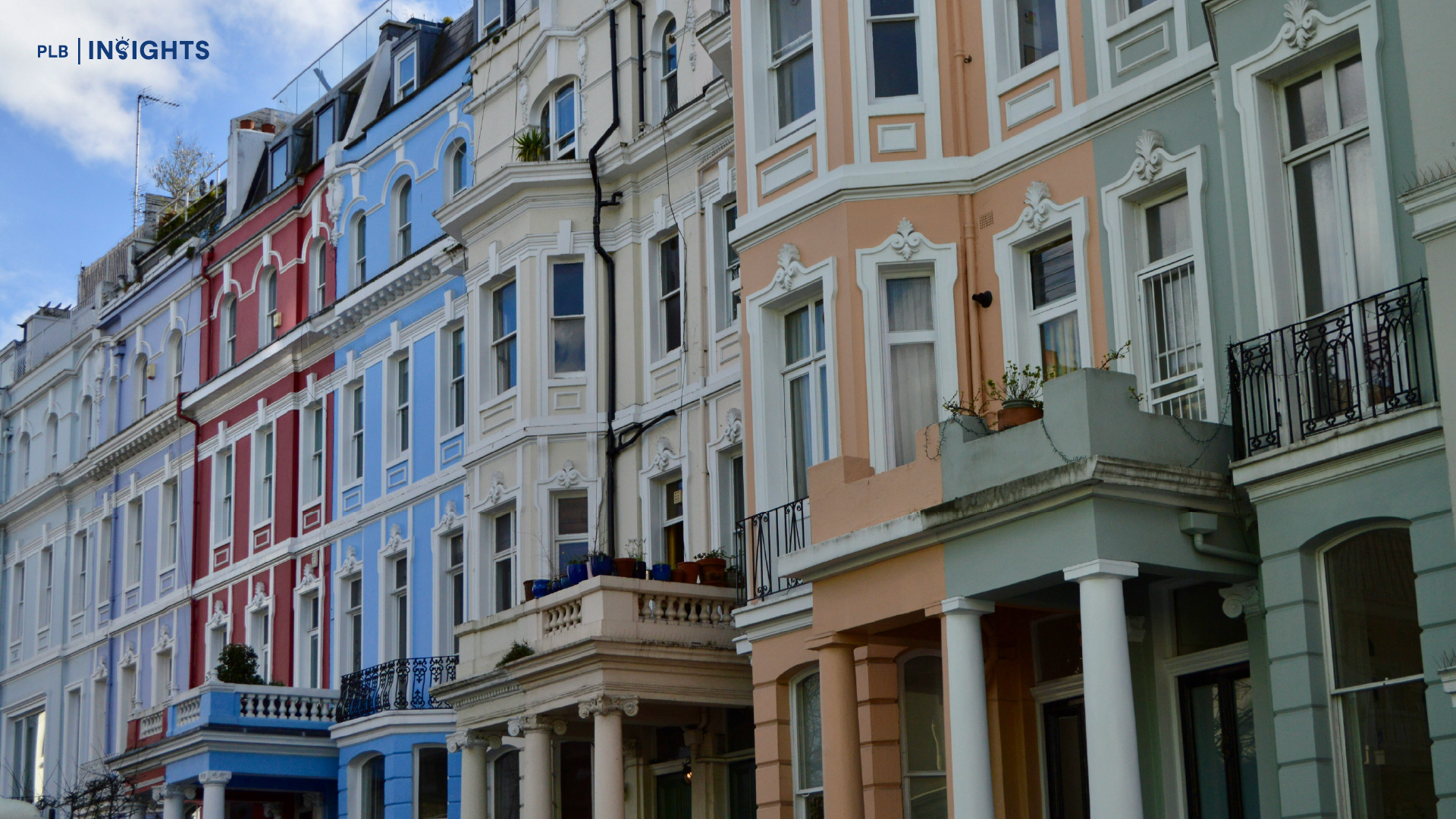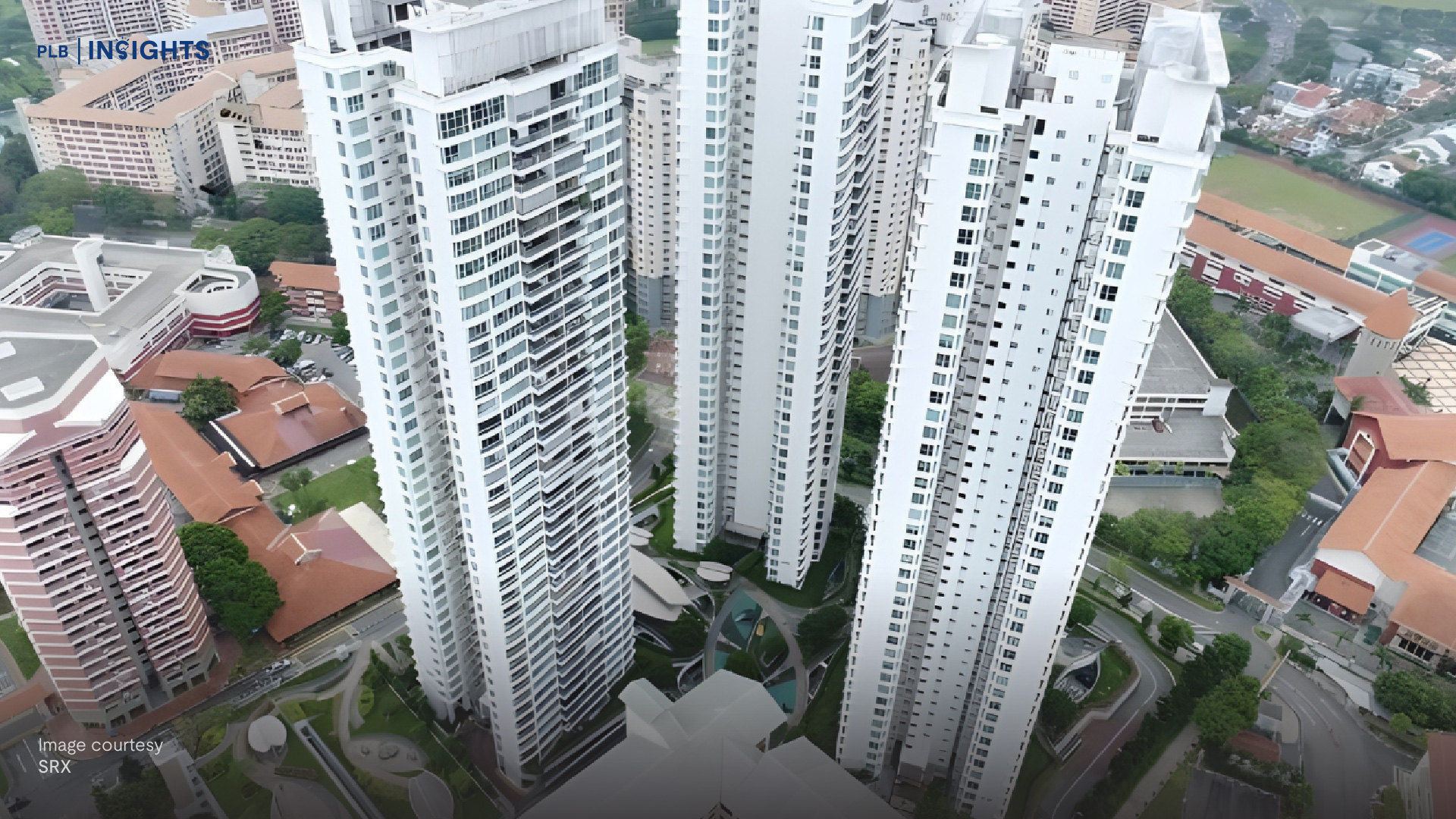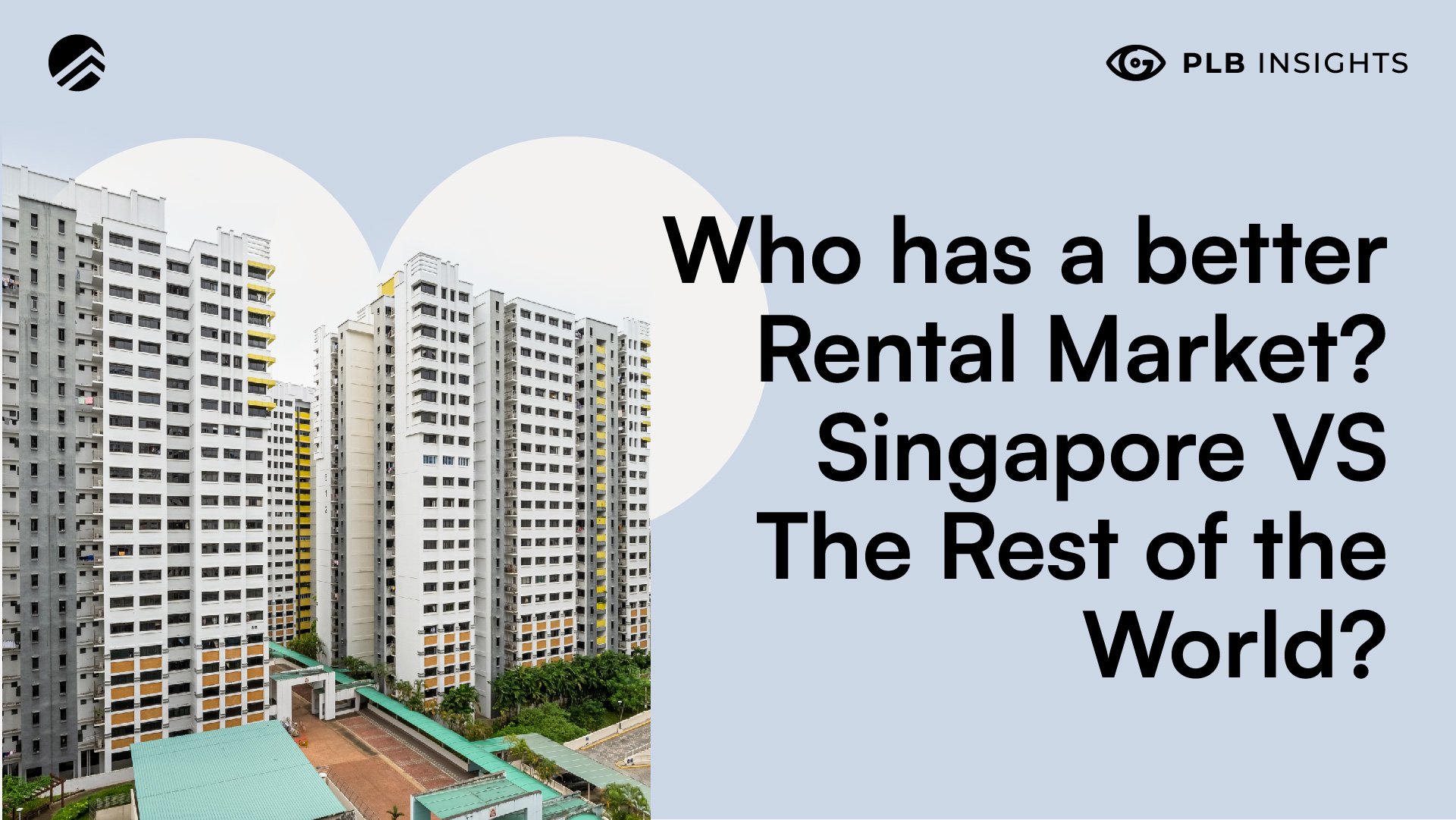
The world is increasingly globalised and interconnected. And with this comes better opportunities, especially for property investors. Nowadays, an investor has access not only to their resident country’s market but also to many other countries.
Property markets in developed countries like Singapore, Australia, and Canada have been desirable for real estate investors for a long time due to the recovery and robustness of these markets despite economic slumps.
However, which country has the best to offer in real estate?
In this case, from a potential landlord’s perspective, we shall be examining two attractive real estate markets – Singapore and Australia – in particular, their rental markets.
The current status quo
This year, many expect rental prices to rise, not only in Singapore but also globally.
Within Singapore, in 2021 alone, apartments within the 2,500 SGD – 4,000 SGD per month range have jumped up by 10 to 15 per cent.
Australia has been facing a similar rise in rental housing prices – with an increase of 7.4% – from an average weekly asking rent of 465 AUD (452 SGD) in December 2020 to 499 AUD (485 SGD) in December 2021.
That’s a huge jump. But why would this be so?
Globally, demand for properties has sharply increased. With the economic slump caused by the COVID-19 pandemic, many would expect a sluggish property market. Yet lower interest rates across the board equate to lower mortgages and, ironically, a more significant boost in demand for properties, which comes from familes that are upgrading to bigger properties with the shift in preferences due to the need for a space to work from home during the pandemic.
And with demand outpacing supply – where construction takes slower to complete – property prices increase, and so do your rent prices to cover these added costs.
This is also on top of the pandemic shifting preferences, more singles are moving out of their parent’s homes to rent as they desire a place to call their own and also to work from home. With most Singaporeans being stuck in Singapore due to the pandemic, they are then more enticed to renovate their homes as they feel that its a worthwhile expense to design their home according to their taste as they spend more time at home now then ever.
More foreigners who have been stuck in Singapore from the start of pandemic has also spurred the need to continue renting, coupled with inflation, this has caused rental prices to increases.
Why rent properties out in Singapore?
Often, Singapore’s real estate market is associated with stability. The Singaporean property market has responded well to global market downturns with a proactive government to mitigate any potential property bubbles. Such strong past performance is all the more laudable, knowing that the country is a relatively more open market vulnerable to shifts in global financial and trading patterns.
Singapore as a nation knonwn for its diplomacy and long standing neutral stance towards internation relations, Singapore has been able to significantly reduce (if not eliminate) the possibility for conflict of any sort that may disrupt economic activity. That means that anyone’s money invested in the country would be assured that it would be safely kept in good hands.
The benefit of Singapore’s Rental Market – its stability
As mentioned earlier, Singapore has a real estate market prized for its stability. Especially as residents, we often take this stability for granted within the real estate market. We are fortunate only to consider financial costs when buying a second HDB flat or an additional private unit.
We are blessed to say that Singaporean real estate (and the Singaporean market as a whole, of course) isn’t susceptible to more unpredictable economic impediments such as local political uprisings or civil wars.
In addition, Singapore has a proven track record of recovery through crises and solid financial governance. In 2010, a year after the 2008-09 Global Financial Crisis, Singapore’s GDP grew an astounding 17.9% on the first half.

This means less worry on renters on having to push rent up should property valuations go down in an economic slump.
A combination of political and social stability, proactive action on economic slumps, and stable financial frameworks make the Singaporean rental investment strategy one of the most stable strategies in the region, if not globally.
Cons of Singapore’s Rental Market
If you’re considering buying additional property as an investment (especially if you want to rent these additional properties out), be prepared to fork out lots of capital for both initial cost and extra upkeep.
Before you pursue a rental strategy in Singapore (Rentvesting)
There are certain limitations on who may rent, let alone obtain a house in Singapore. For example, for non-SPRs, to begin with, you may only buy privatised ECs that are more than 10 years old if you are buying property alone.
In addition, only specific individuals may be tenants in Singapore. A comprehensive table below will best illustrate who may (or may not) be eligible tenants:

Moreover, if you are an SPR owning a HDB flat, you cannot rent out the whole flat. You may only rent out single rooms. For Singaporean citizens, you will need to complete the minimum occupancy period (MOP) of 5 years to start renting out the entire HDB apartment as a whole.
However, another way is to rent out part of your apartment, there are certain limits to the number of tenants you may rent to in Singapore. This is to prevent overcrowding, however a tenant only counts towards the occupancy cap if they are unrelated — anyone who is not part of the same family unit. Domestic helpers are considered part of the same family unit.
A complete list may be shown below:

Taking up a mortgage for a rental estate?
When buying additional property in Singapore for rent, you would (more likely than not) have to take up another mortgage loan.
Loan-to-value (LTV) ratios influence the nature of these loans. LTV ratios in the context of real estate are percentages of a property’s total value that lenders are willing to loan to debtors.
What this means is that if you take on a mortgage loan with an LTV ratio of 60% on a property with a valuation of 1,000,000 SGD, you would need to fork out 400,000 SGD of your own money.
In other markets, you may be able to take up mortgage loans of up to 95% of your house’s LTV ratio, often with additional discretionary measures such as lenders’ mortgage insurances.
However, in Singapore, there exist LTV limits. At the time of writing (February 2022), the absolute LTV limit for a second housing loan remains at 45%. This number drops another 10 percentage points when you’re vying for a 3rd home.
This means that if you ever wish to participate in the rental market as a landlord, be prepared to have some cash on hand for additional properties.
Stamp duties galore
In addition to limited mortgage opportunities for additional homes, potential landlords need to be prepared to account for stamp duties. As with most countries, Buyers’ Stamp Duties (BSD) exist that function as cooling measures to ensure that the property market would not be too overheated. And with a country as small as Singapore, it would be logical that a BSD would also exist.

Here are the current BSD rates.
However, once again, Singapore has scarce land and is all the more susceptible to overheating in the real estate market. Therefore, the Additional Buyer’s Stamp Duty (ABSD) exists for potential homeowners taking on additional properties.
These are the current ABSD rates. Take note of the differences in rates between citizens and foreigners. Of course, if you wish to enjoy lower ABSD rates, you can always apply to become an SPR or even a Singaporean citizen!

Why rent properties out in Australia?
If stability is the buzzword in Singapore when it comes to the property market, in Australia, its affordability. There are fewer regulations and additional costs surrounding the Australian property market and various incentives for potential property owners to pursue a rental property investment strategy there.
As a matter of fact, Singapore has spent nearly 20 billion AUD (19.4 billion SGD) worth of real estate in Australia over the last two years, second only to America.
Benefits of renting out in Australia
“Negative gearing”
Unlike in Singapore, in the Australian real estate market, should your expenses on a housing investment outweigh its income earned (mainly from renting the property out) in a year, you may deduct this overall loss against your income.
So why do people do this while knowing that they may incur an overall loss in their rental income?
People often do this anticipating that should they sell their additional property; the net profit made would cover for the rental income loss.
In addition, should they sell their property more than a year after buying it, they will only be subject to half the capital gains tax (which is already determined by an already-lower income tax for that year).
Capital gains taxes!?
One of three things certain in life are taxes – so don’t get any ideas.
While there may not be any capital gains taxes in Singapore, in Australia, your capital gains tax rates are similar to your income tax rates for that year. Remember that income tax differs between foreign and Australian residents.

Let’s say you’d want to seriously pursue a rental strategy in Australia and cut costs.
For you to become an Australian resident, you will need to be:
-
an Australian citizen
-
the holder of a permanent visa
-
a Protected Special Category Visa Holder (a person who arrived on a New Zealand passport who was in Australia on 26 February 2001 or in a limited number of other special circumstances)
The Cons? The possibility of a market crash
Please take note: we’re not saying that it’s bound to happen, and we certainly do not want to spread too much fear, uncertainty or doubt on your decisions. However, we wouldn’t deny that there is speculation that the Australian property market is facing a bubble.
Renowned investors have even told potential real estate investors to do their due diligence on Australian property (again and again). From January to November of last year, Australian house and apartment prices have risen at an alarming 22.2% increase, marking the fastest annual surge since 1989. In Sydney alone, housing prices have shot up an even more alarming 30% in the same period.

Sydney’s historical Wage to House Price Ratio, 1970 to 2016. By 2016, wage-to-house price ratios have hit above 14 to 1, which means that one house is worth 14 years’ worth of gross salary.
With record-low interest rates within a financial market much more laissez-faire than Singapore’s (think: you can get mortgages with higher-than-80% LTVs in Australia, just pay something called Lenders Mortgage Insurance (LMI) ), a potential drastic interest rate hike could hit the Australian property market harder than Singapore’s.
The Final Verdict
In conclusion, if you don’t mind shouldering some additional risk, Australia’s rental market may seem to be more attractive overall than Singapore’s.
One glaring reason would be that of lower cost; in Australia, not only are duties and taxes lower, but the existence of negative gearing – as controversial as it may be – would mean lower taxes.
We wouldn’t blame you for leaning towards this country.
However, stability is a greater incentive to invest in Singaporean property. Sure, there are many regulations and additional costs to buying additional property in Singapore to rent, but these rules ensure a healthy rental market. And the extra costs you may have to take in exchange for this stability will, arguably, be worth it.
Need more guidance to navigate your property purchase in Singapore? Feel free to reach out to our team. Click here to contact us now!
This article is written in conjunction with our #InvestorsSeries on Youtube. We drop nuggets of wisdom for you to learn more about Singapore’s property market! From frequently asked questions to market analysis, we’ll take you through them all with the PropertyLimBrothers team.
Previously we talked about The Metaverse, NFTs, Crypto and Its Role in the Future of Real Estate; click to find out more!
Are you curious about the History of Growth in Singapore’s Real Estate Market? We delve into that in our insights article here!
To check out our Investors Series Season 1, click here!
And for Investors Series Season 2 click here!
Disclaimer: The information provided in this article is accurate as of the date of publication and is based on the rules and regulations concerning stamp duty rates and taxes in effect at the time. While we strive to update our past articles diligently, please be aware that tax laws and regulations can change frequently, and it is essential to verify the most current rules and guidelines from the relevant government authorities or consult with a qualified professional for the latest updates and accurate advice.


